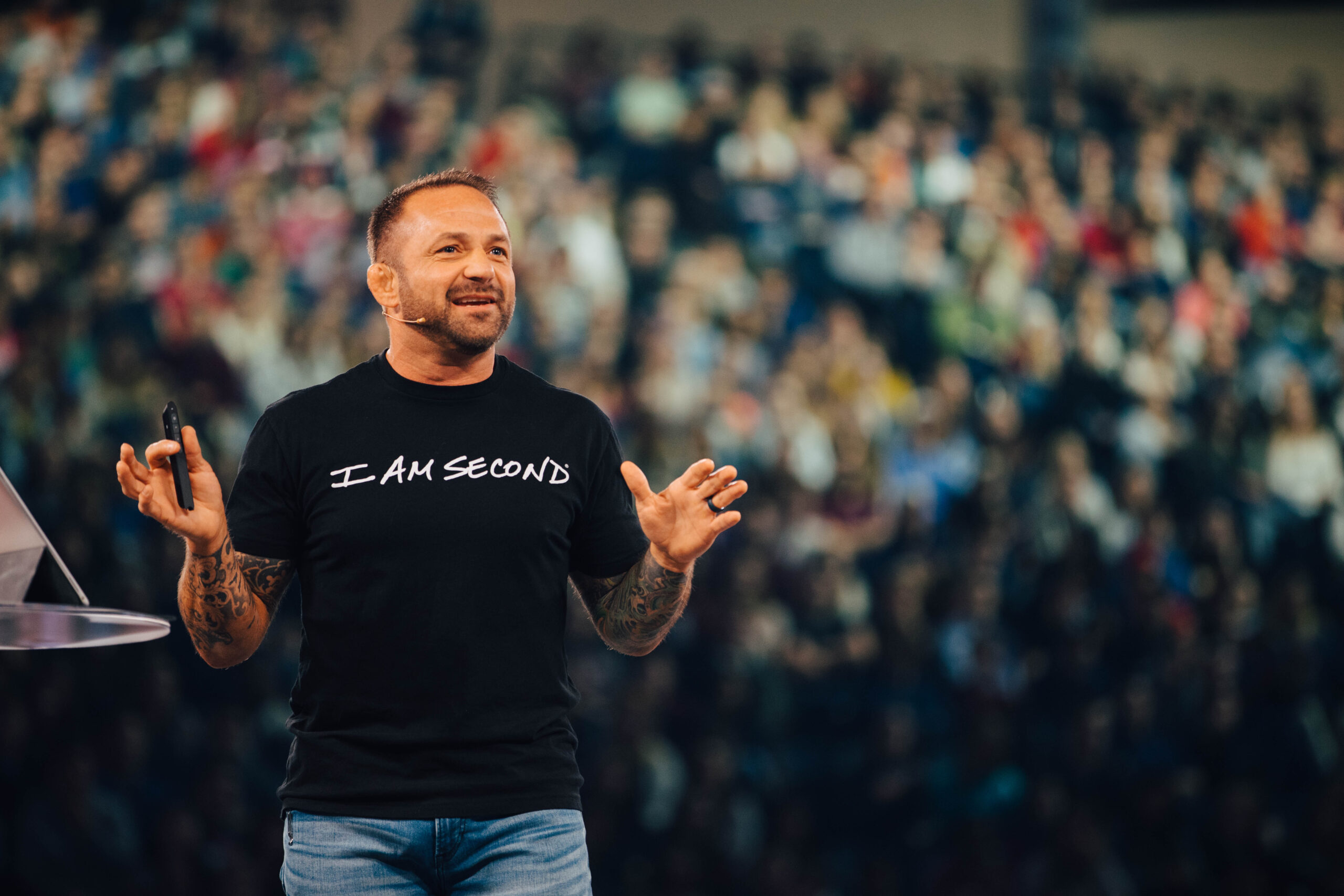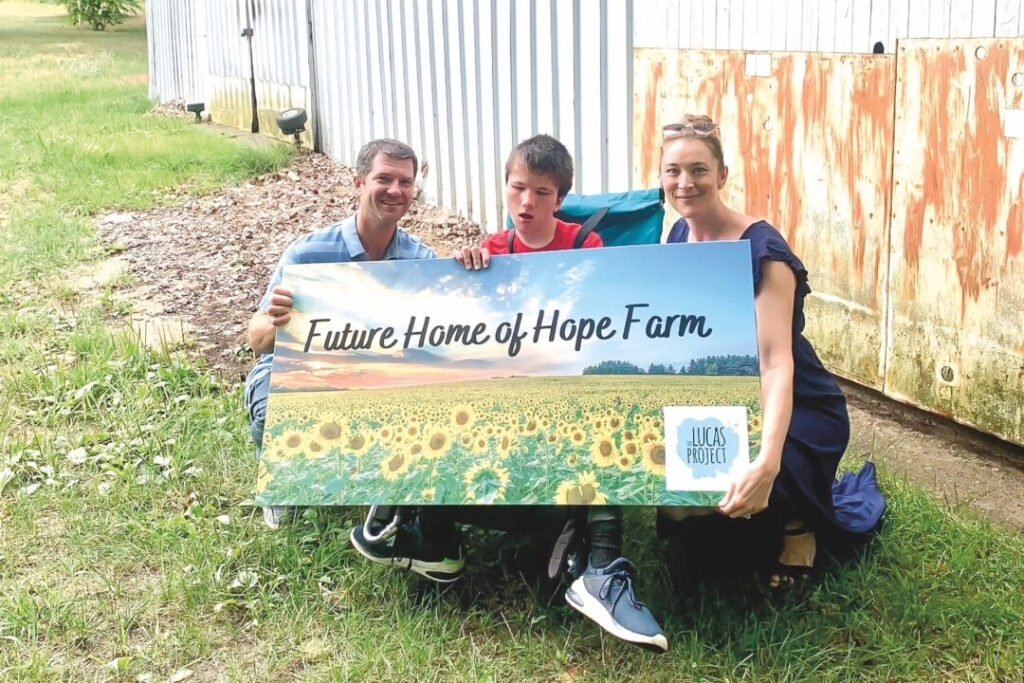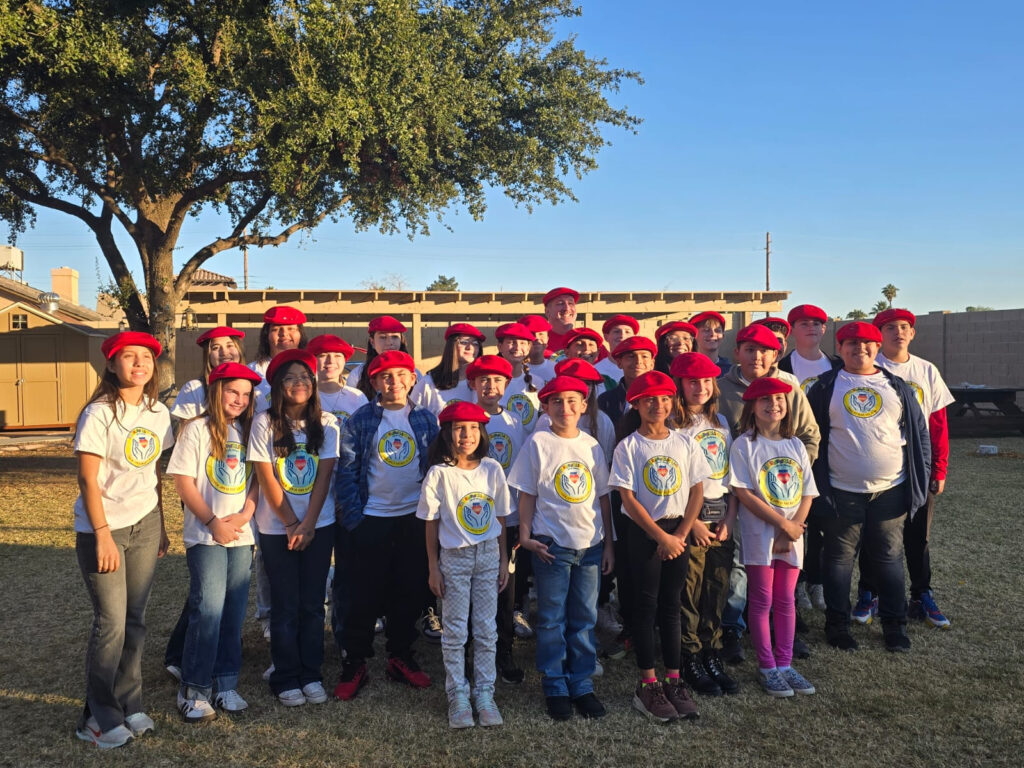On August 21, 2010, Chad Robichaux stood in the middle of the Toyota Center before thousands of cheering fans. He had just finished a fight for Strikeforce, the second-largest mixed martial arts (MMA) organization at the time. The three judges submitted their scorecards. It was a split decision. After the third scorecard was read, he was still undefeated at 13–0.
From the outside looking in, Chad Robichaux seemed to have the world on a string. This moment in the octagon seemed the emblematic story of his life: enduring a hardscrabble childhood, joining the Marines and quickly rising to its special unit Force Recon, starting his own highly successful MMA gym, and now marching through his competitors one-by-one. But that was on the outside. That was the man on paper. It was not, however, the man himself.
Since World War II, the Robichaux family has given 84 years of service to the American military. His family has bled patriotism since before he was born, but the family has bled in other ways too.
“When my father came home from Vietnam, he was a train wreck and was until the day he died,” Robichaux said. “He was a very angry guy. A very violent guy. But the one thing that made him light up and made him proud was the fact that he was a United States Marine.”
Robichaux and his brother, who are a year apart, decided as teenagers to become Marines. They devoured books about 3rd and 4th Recon Companies and Special Forces in Vietnam. Robichaux said the very idea of becoming Marines helped them escape the dysfunction of their childhood.
But just one year into their decision, his brother was killed after an argument with their stepbrother. Though it was never discovered if the killing was accidental or intentional, it was ultimately the tragic product of a dysfunctional family. The tragedy drove his mother to pursue psychiatric help, though she would never recover. His father left to work overseas. At 15, Robichaux moved in with his older sister.
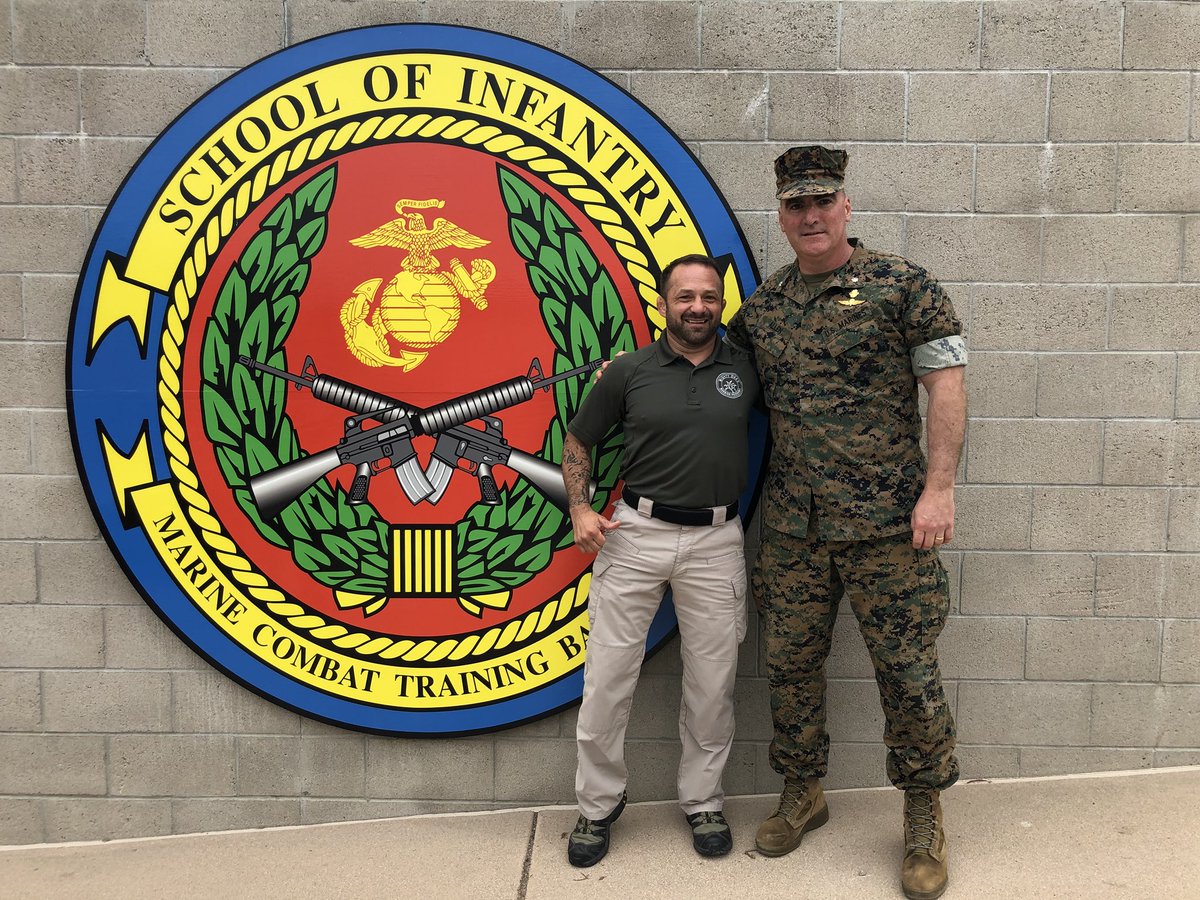
The death of his brother hardened his resolve to become a Marine. As a high school athlete, he did his best to maintain his strength and conditioning, not for sports, but for his future in the military. He worked long hours while attending school. Pragmatically, though, he knew he was never going to graduate. At 17, he pleaded with his Marine recruiter to let him join the Marines earlier than usual. The recruiter eventually complied and helped Robichaux write a letter to the U.S. Marine Corps explaining his circumstances, with Robichaux pledging his loyalty to service, and also to get a GED, which he did. He would later attain a master’s degree in business. “I’m very fortunate looking back that I had that opportunity, took advantage of it, and made the best of my situation,” he said.
That situation took a turn on September 11, 2001. He had already been in the Marines for eight years and was a sergeant in the 3rd Force Reconnaissance Company. He was also married with children. “When I saw those planes fly into those buildings I knew my life was about to be different,” he recalled. “I wanted to go and serve. I wanted to go and make that wrong right for our country and for our national security.”
Over the course of four years, he would be deployed eight times to Afghanistan as part of the elite Joint Special Operations Command. Robichaux would find himself constantly in the heart of combat. He would witness not just the death of comrades and enemy soldiers, but the evil and cruelty of his enemies who relentlessly tortured and killed innocent civilians. He and his fellow soldiers would be tried by fire in the heat of battle and emerge closer and stronger together. The vulnerability of friendship in battle, however, would lead to emotional devastation, as he buried 15 friends, including his best friend of 10 years. “It’s hard for that not to shape you,” he said. “Either you grow from it or it crushes you. I think ultimately I grew from it. But in the interim, it crushed me.”
The Crushing
The crushing began with feelings of anger and frustration, but those emotional issues went unaddressed and soon developed into physiological symptoms of anxiety and stress. One of the physical symptoms Robichaux experienced was numbness. His arms would go numb. His face would go numb. He would experience severe panic attacks where he would feel like he was on the verge of asphyxiation.
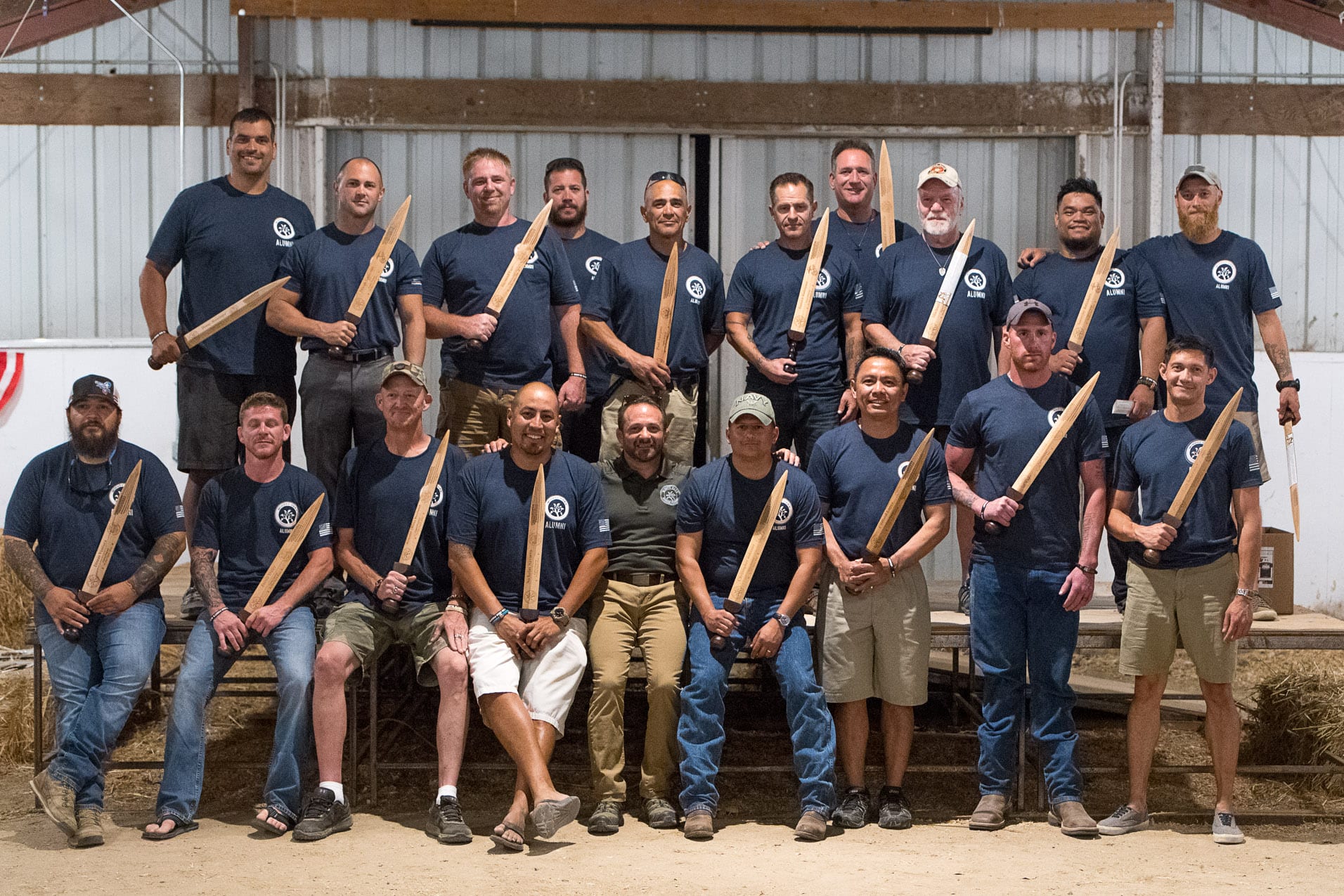
He remained silent about his symptoms. He feared his peers would consider him weak and that if he admitted himself into the military’s mental health resources, it would compromise his security clearance and ultimately remove him from special forces. While he struggled with the ever-worsening symptoms of post-traumatic stress disorder (PTSD), tragedy struck when one of his teams was captured by the Taliban and killed. His shelter in Afghanistan was later blown up by a vehicle-borne IED (improvised explosive device) by the same Taliban members. “I kept trying to operate in that environment, but ultimately I had to speak up,” he said. “I was brought home, just as I feared, diagnosed with PTSD and removed from my job.”
He was given medicine to treat his symptoms, but he said the medicine turned him into a “zombie.” He added that he also felt immensely embarrassed and ashamed to have been removed from his duties.
Success at a Cost
His wife Kathy and his counselor advised him to get into Brazilian jiu-jitsu. He began competing in the martial art and turned professional. He rose through the MMA ranks and won a world title, ultimately ranking 19th in the world for flyweight and 11th for bantamweight. His success and popularity led him to open a Brazilian jiu-jitsu academy that quickly blossomed to 1,000 students. “When I got on those mats, it took my mind off of Afghanistan and those bad memories,” he said. “I took something that could be good for me and I dove into it. I was successful at it, but in that success, I never got well.”
Robichaux said he still suffered from severe panic attacks and continued to struggle with the medicine prescribed by the Veterans Affairs system. His marriage quickly fell apart after an affair. “I was a completely toxic human being to my wife and kids,” he said.
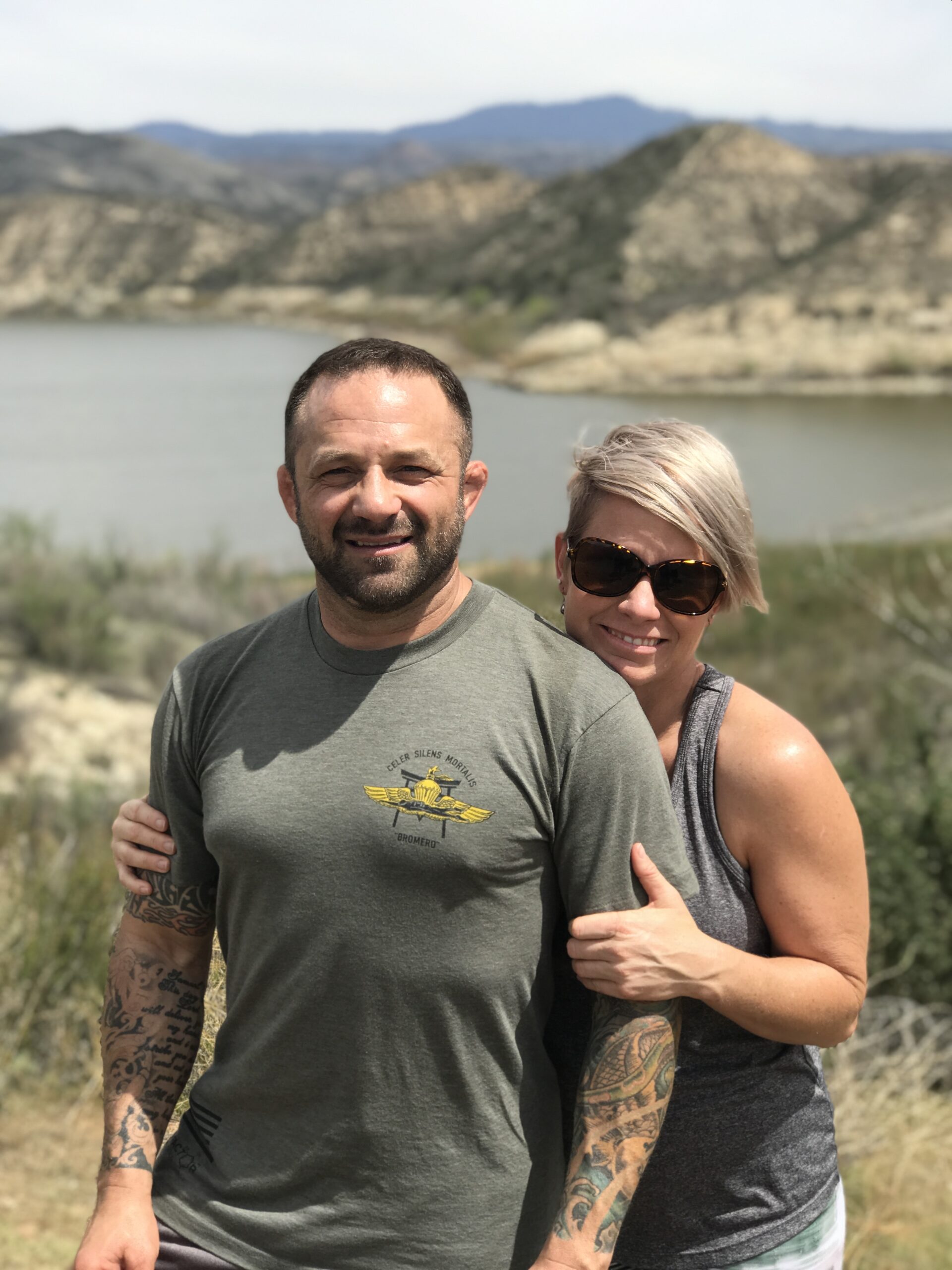
He and Kathy sold their house, and he moved into an apartment. While he turned to partying and competing in martial arts as means to cope with his PTSD, Kathy began attending a local church. “She began praying, ‘God, let me see Chad the way You see Chad. Let me love Chad the way You love Chad. Let me forgive Chad the way You forgave Chad,” he said. “She was fighting for me spiritually.”
It was during this time that Robichaux won the Strikeforce fight at Toyota Center. When he returned home that night, he lay in bed contemplating his life. While the world viewed him as an unquestionable success, he knew the world was wrong. “This thought came over me that of all the people I had blamed for everything, I was the problem. I was the common denominator,” he remembered. “My family was so devastated and I thought that if I wasn’t in their lives, it would be better for them. Maybe they would be sad without me, but they would be better off.”
For several weeks, Robichaux began contemplating suicide, at times sitting in his closet holding a Glock in one hand and a family photo in the other. In one of those darkest moments, Kathy knocked on his door.
“I remember I was so mad that she had interrupted me killing myself—which sounds twisted—that I started yelling at her,” he said. “She’s not a very calm arguer, but in this moment she was, and she asked me a question that became this axis point in my life. She asked me ‘How can you do all of this—recon, MMA schools, training for fights, deployments—and when it comes to your family, you’ll quit.’ And she was right.”
Her words cut and echoed in Robichaux’s mind. To be called a quitter and to know it was true was enough to create a mind-shift, and he decided in that moment to work toward putting his life back together. He began formulating a plan. He had been living a life without accountability. The people who had been in his corner had only been telling him what he wanted to hear, not what he needed to hear.
The Path to Change
He asked Kathy if she knew anyone whom he might talk to about his plan and whom he could be accountable to. She mentioned a man from her church by the name of Steve Toth. He wasn’t a veteran or into MMA. But he was outside of Robichaux’s circle, and he was a brutally up-front person. When Robichaux slid a piece of paper over to him that outlined his plan to change his life, Toth didn’t even look at it. He simply slid it back over to him and told him he would fail if God was not in the plan. God was not. “There is probably nothing more powerful that I could have heard in that moment because I knew deep down inside I had tried everything,” he said.
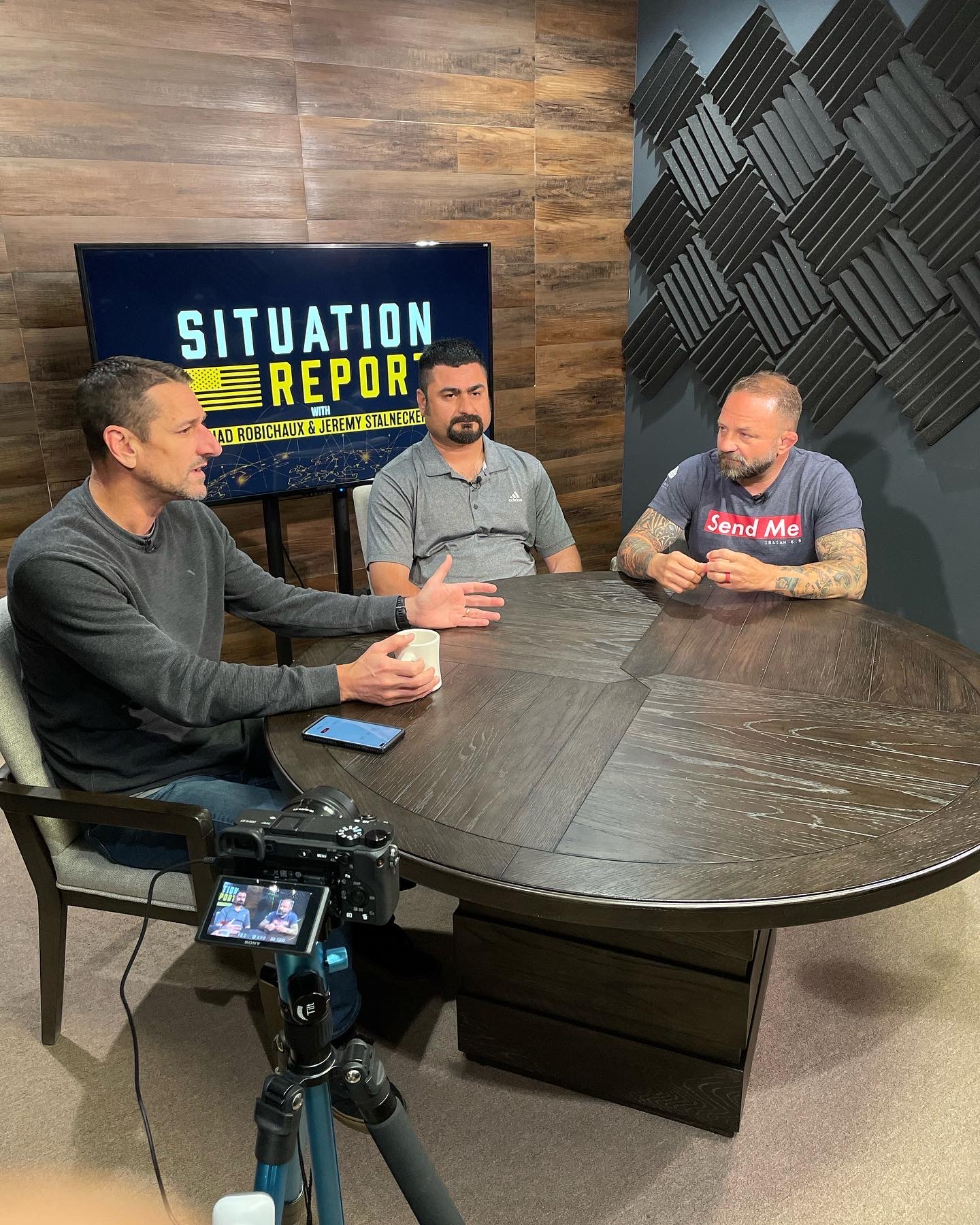
Robichaux said that for the next year, Toth discipled him, which is a Christian method of mentoring through accountability, biblical study, and prayer. He gave his life to spirituality and began healing the wounds he had suffered and those he had inflicted. He and his family reunited, and by one year’s end, he and Kathy had formed a nonprofit called Mighty Oaks Foundation to help veterans who struggle with many of the same issues he did. The foundation is based on Robichaux’s personal experience with what works in the healing process.
“I don’t think God did those things to me,” he said. “But He has the ability to protect me from those things, so why wouldn’t He? I think the answer is that He trusts at times with these situations. He trusted what I would do with this. And I’ve taken the hardships in my life to not just help me, but to help others.”
Since the organization was launched 12 years ago, Robichaux has spoken to nearly half a million active duty troops. He is only one of two speakers to speak at the Marine Corps boot camps. He has authored and co-authored eight books, the latest one about the rescue mission to save his interpreter in Afghanistan after the 2021 U.S. withdrawal. He has donated approximately 350,000 copies of his books to troops. He has spoken before Congress numerous times in support of faith-based approaches to dealing with PTSD. His foundation has established five ranch facilities around the country to help veterans suffering from PTSD. Approximately 4,500 have graduated from the program, including active duty military, veterans, first responders, and their spouses. These programs are conducted free of charge, with the number of graduates steadily increasing to about 1,000 per year. Mighty Oaks is now spreading its programs throughout the world with military allies.
A Proven Method
Robichaux and his team developed a method for helping veterans recover and heal, based on what is known in the military as “the four pillars of resilience.” Mighty Oaks Foundation focuses on a veteran’s mental, physical, social, and spiritual needs.

“I believe we are created to be holistic human beings. We cover at Mighty Oaks the spiritual side, but I don’t think that is all you need,” he said. “If you were only dealing with the spiritual side, you would have an imbalance. When I’m speaking to the troops, I point to their chairs and tell them that those four legs represent each of those pillars of resilience. If that chair has a weak leg it could probably remain standing, but the moment you sit on it, you’ll go crashing down. I think that’s our life. On the surface, we look like we have all four of those pillars, but if one of them is weak, as soon as the weight of life comes on it, we’ll come crashing down.”
Robichaux noted that it was his spiritual pillar that was weakest for him. He said it left a giant hole inside of him that he filled with hate, rage, anger, and bitterness, which allowed room for anxiety, depression, guilt, and hopelessness to engulf him. Robichaux’s rise from what he calls “a darkness” has enabled him to do what he has done for so long: serve. In a way, he still serves his country by serving his fellow countrymen, specifically those in the military.
“I don’t think I get the platform because of the successes I’ve had,” he said. “I think the platform I have is because I’ve been at the high and at the very low and I have felt the need to be honest about that.” He regrets that he didn’t have someone to show him how to be vulnerable when he was struggling. “I wish someone would have been that honest with me about their hardships and struggles because I know that would have helped me. I’m thankful I was allowed to endure those low points because it gives me an opportunity to speak to others.”
From April Issue, Volume 3

